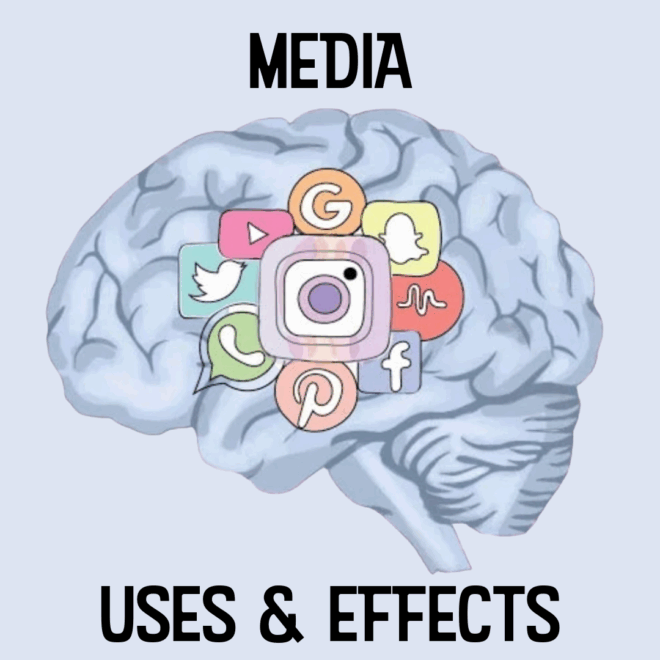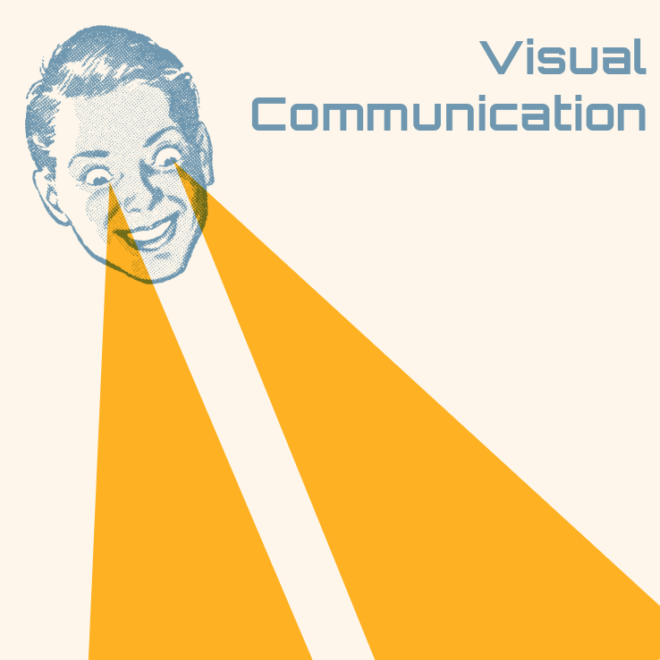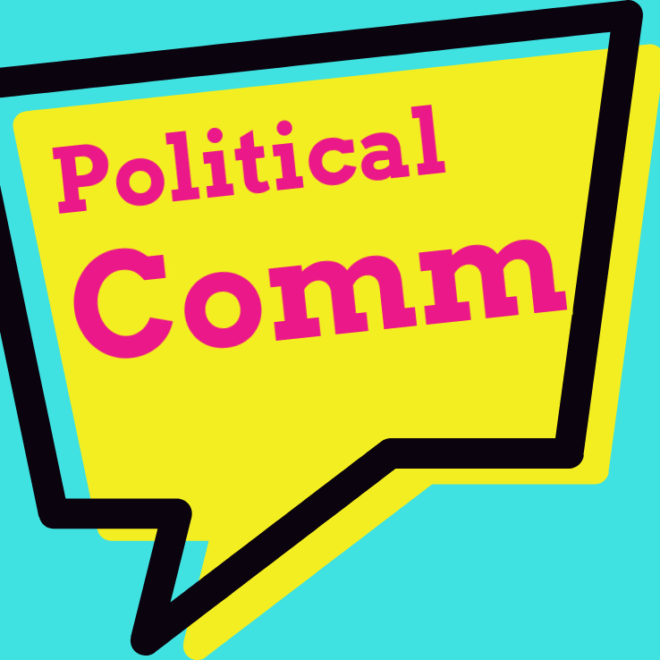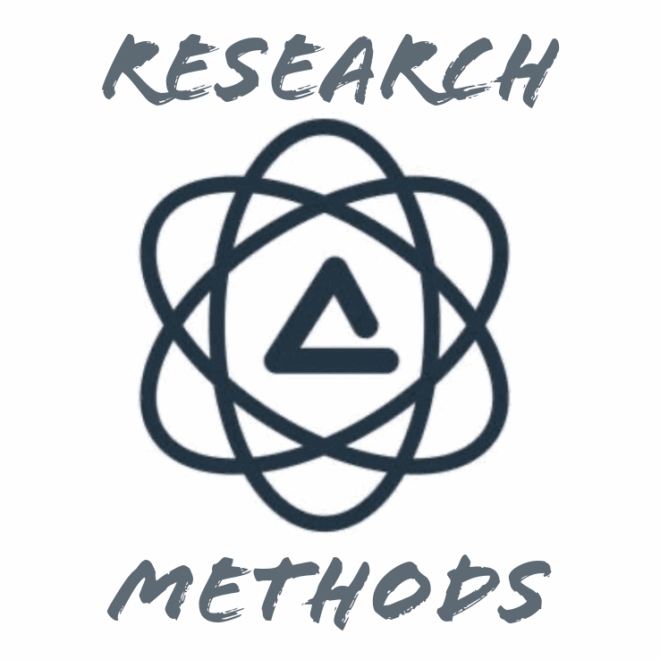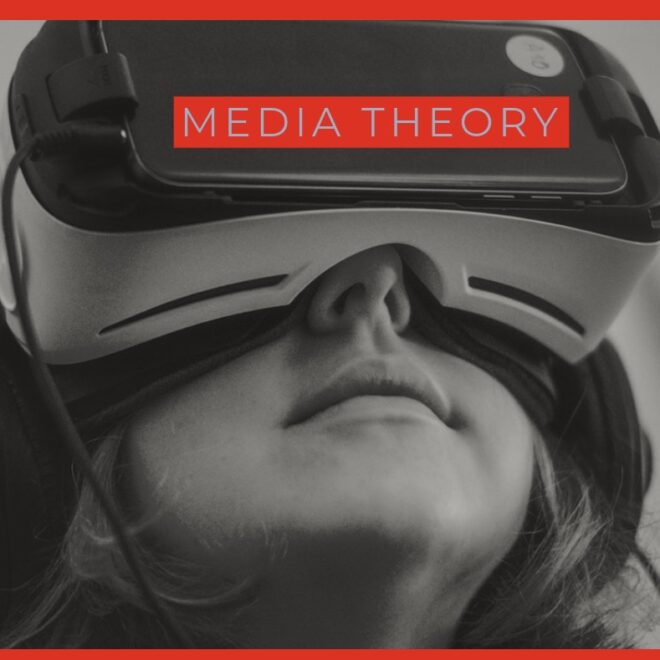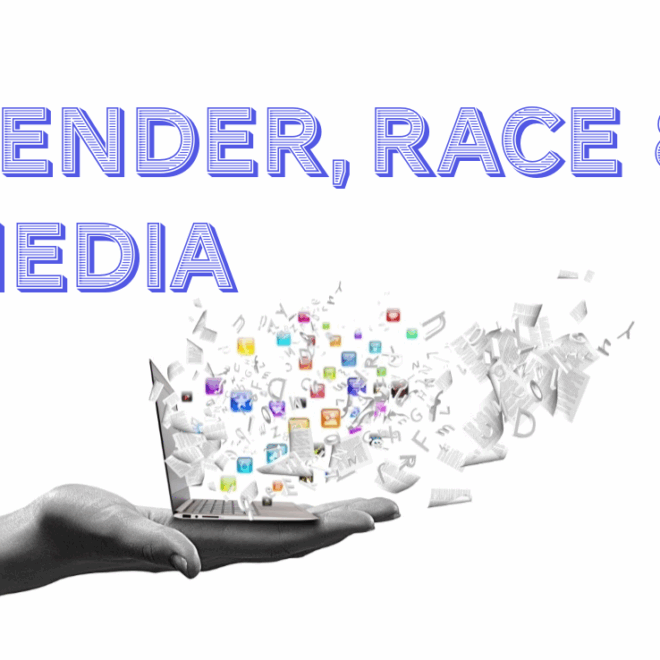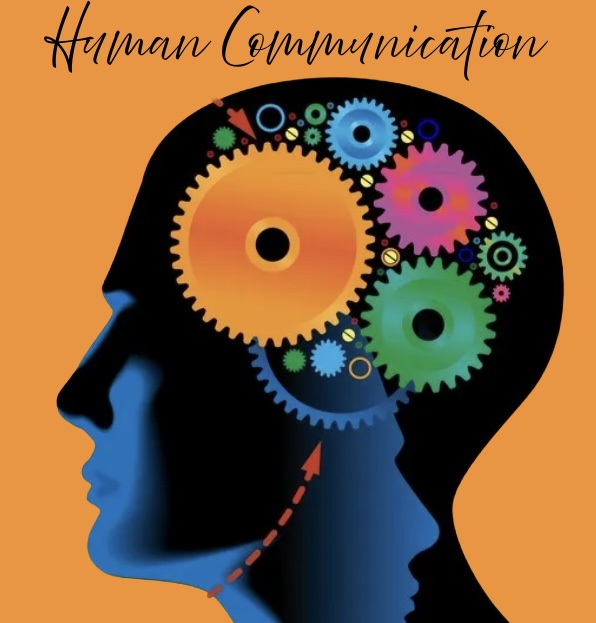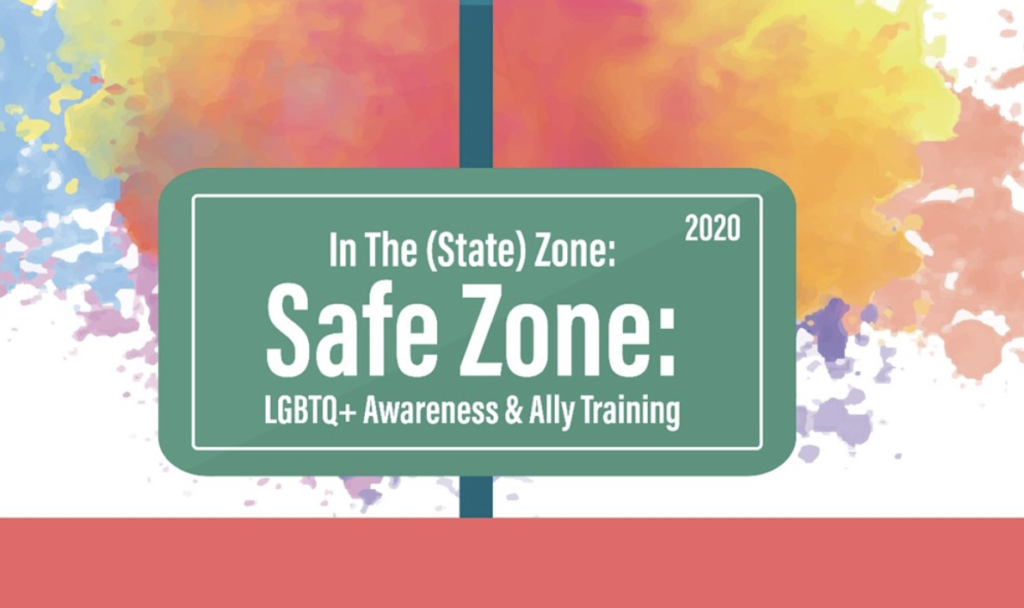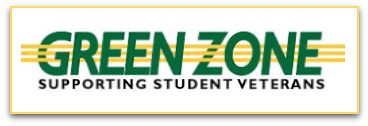TEACHING PHILOSOPHY
In Brief (Full Statement Available Upon Request)
My teaching philosophy is rooted in the belief that co-creation of meaning occurs in the classroom and that the university is world-making. As such, my teaching objectives extend beyond delivering course content to ensuring students achieve their individual potential and grow into compassionate humans who challenge the status quo. As a feminist media studies researcher who often takes a scholar-activist approach to research on difficult topics (e.g. male and white supremacism, mis/disinformation and far-right politics), I work to create a classroom environment that encourages three things: inquiry-based learning in which students are active participants; deep understanding of real-world content applications; and, the ability to apply critical and creative thinking to conceptual problems. Ultimately, this is about instilling professional, political, social and media literacy in a complex and hyper-mediated society.
I use a flipped active learning style and a variety of scaffolded pedagogical techniques that reflect these philosophical objectives. From a bird’s eye perspective, my teaching practice is built on a foundation of engaged pedagogy that honors the diversity of students’ lived experiences and recognizes emotional well-being. As an interdisciplinary mixed-methods researcher with a background in journalism, I believe in the power of experiential learning to make dense content accessible and better enable students to see how theoretical concepts can be applied either in their professional fields or, sometimes, for social justice aims.
To conclude, all of my pedagogical strategies are designed to create a learning environment in which students are active co-producers of knowledge and are able to translate what they’ve learned into future classes and, more importantly, their lives after college. Now, more than ever, it is imperative students understand the power of communication and media technologies. As communication and media scholars, we are best positioned to help our students think deeply about these issues, choose language to discuss them intentionally and mediate conflicts that may arise from them. When we conduct public and community-engaged scholarship in line with our normative commitments, we also are able to bring these same skills to society at large.
